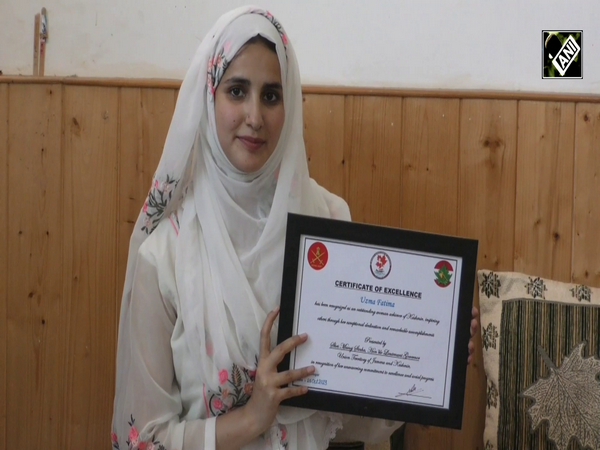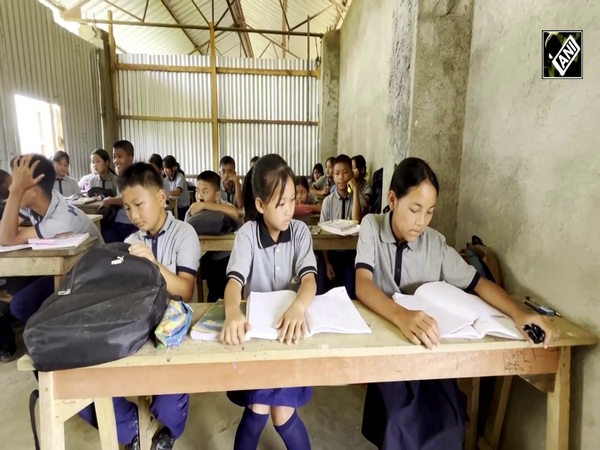
Taiwan enforces deregistration rule as Chinese bureaucracy hinders spouses from complying
Jun 28, 2025
Taipei [Taiwan], June 28 : Many Chinese spouses who are mandated to provide evidence of having renounced their Chinese household registration have either completed this requirement or submitted affidavits before the June 30 deadline, as stated by the Mainland Affairs Council (MAC) in a report by Central News Agency (CNA).
Out of the 12,146 individuals who needed to provide this proof, 5,534 have already done so, according to Liang Wen-chieh, the deputy head and spokesperson for MAC. Additionally, 2,572 individuals who qualify for exemption or deferral from submitting proof of deregistration, such as those dealing with severe illnesses or injuries, have opted to submit affidavits instead, Liang noted.
"As long as individuals are willing to engage with the legal process to obtain the necessary documentation, the majority of cases can be resolved," he remarked. The process mentioned by Liang was detailed in notices issued by the National Immigration Agency (NIA) to certain Chinese spouses in Taiwan in early April, instructing them to submit proof of having renounced their household registration in China within three months of receiving the notice, as reported by CNA.
This requirement is established by the Act Governing Relations between the People of the Taiwan Area and the Mainland Area, which states that "the people of the Taiwan Area may not possess household registrations in the Mainland Area." Those who breach this stipulation "shall forfeit their status as residents of the Taiwan Area and their associated rights," according to the law as referenced by the CNA report.
Among more than 140,000 Chinese spouses who have obtained legal status as citizens, over 130,000 have already submitted the necessary proof, leaving approximately 12,000 who were asked to provide it and received notices from the NIA, Liang explained. For the remaining 4,000 or so individuals who have not yet done so, the MAC indicated that 1,803 are known to be residing overseas and have not returned to Taiwan, while another 2,237 individuals have yet to establish contact with the government, and the NIA is working to reach them, as stated in the CNA report.
He emphasised that revoking an individual's "Taiwan status" is a "serious matter," and the government will make every effort to get in touch with the person to confirm their intentions. Proof of deregistration will still be accepted after next Monday, provided that the individual shows a clear willingness to comply, Liang noted, as reported by CNA.
Liao contended that if over 10,000 Chinese spouses truly did not manage to complete the required processes at that time, "then it would indicate a failure on the part of the government." Having known some Chinese spouses and their children, Liao said that many faced significant challenges obtaining the necessary proof, particularly since local governments in China might no longer maintain old household records or their administrative structures may have changed, as cited in the CNA report.
According to Liao, the MAC's abrupt requirement caused some Chinese spouses to perceive it as a "political maneuver" or view it as a "lack of trust" in those who have lived in Taiwan for many years. "This so-called political maneuver seems to be fueled by anti-China sentiment or an effort to express hostility toward China," Liao commented.
He also pointed out that this decision contradicted the principle of proportionality, arguing that losing one's citizenship over a single missing document is a severe consequence, as reported by CNA.

























